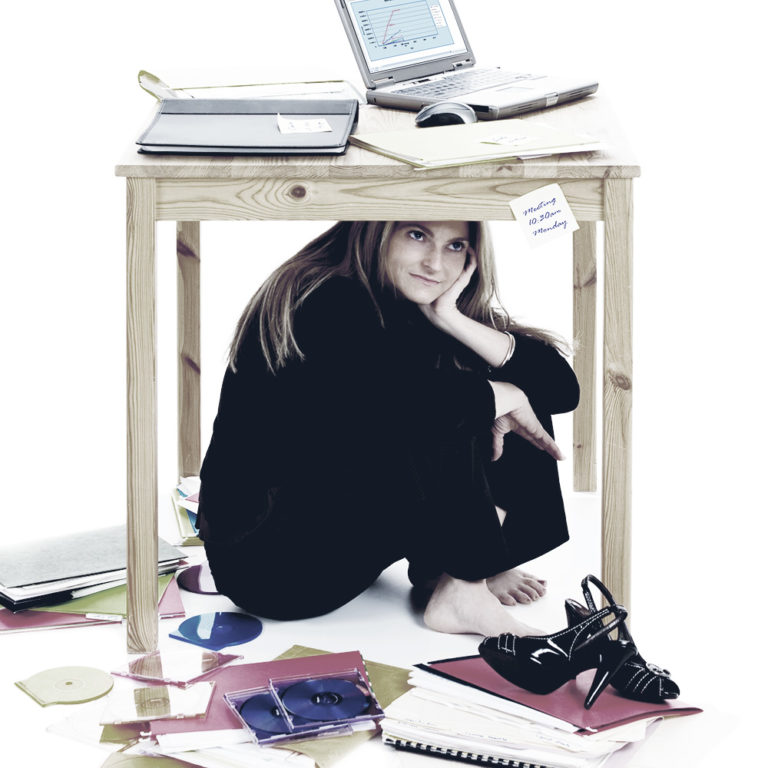Patience, as they say, is a virtue. It makes life easier to navigate and can be an indication that a person has a level of maturity when it comes to managing their emotions. The dictionary defines patience as: “The capacity to accept or tolerate delay, problems, or suffering without becoming annoyed or anxious”.
We all have problems to overcome, and no one is immune to the challenges that life can throw at us, but having the patience to remain calm and balanced when things aren’t going well, makes weathering the various storms we face a much easier prospect.
Give a little, get a little
Being patient is about accepting that you can’t control everything. It’s about being able to let go of the expectation of how you would like things to be. Many of us, if asked, would probably admit to wanting to be more patient, or at least, admit to losing our patience from time to time. Impatience is stressful, normally driven by an overinflated sense of ego, hugely unattractive, and ultimately alienating. Being impatient will only ever lead to frustration, not just for those who show it but, also for those on the receiving end. On the other hand, an attitude of patience gives both ways. The person being patient is not annoyed or made anxious by the circumstances they face and the people they show patience to are able to function in a calmer, more forgiving environment.
Practice makes perfect
While it is fair to say that some are more naturally patient than others, the art of keeping your cool and navigating challenges well is a skill that can be learnt and practiced. Here are three ways you can practice being patient:
- Do something that takes time to achieve a result. Grow a plant, read a book or build something. It doesn’t matter what the task is, just remember to enjoy the process not just the outcome.
- When you begin to feel impatient, stop and consider what is causing your frustration. Is the cause really worth getting worked up over? In the big picture many of the things that upset us aren’t as important as they may first appear.
- If your natural inclination is to be impatient, try starting small. If you are able to be more patient with little annoyances, over time you can grow your capacity to handle much bigger frustrations.
Learning to let go
It’s much easier to be patient when you surrender your need to have everything go your own way. The Bible tells us that patience is a gift from God, and is a benefit that comes from having a relationship with him. It also says that though a man may plan a path for his life, it’s God who determines the way his life will play out. Letting go of all control can be hard if it feels like you’re leaving your life up to chance or luck. Letting go of your need to manage all the details becomes easier when you remember that God is in control.
If you would like to know more about this please leave a comment or click the line below.










